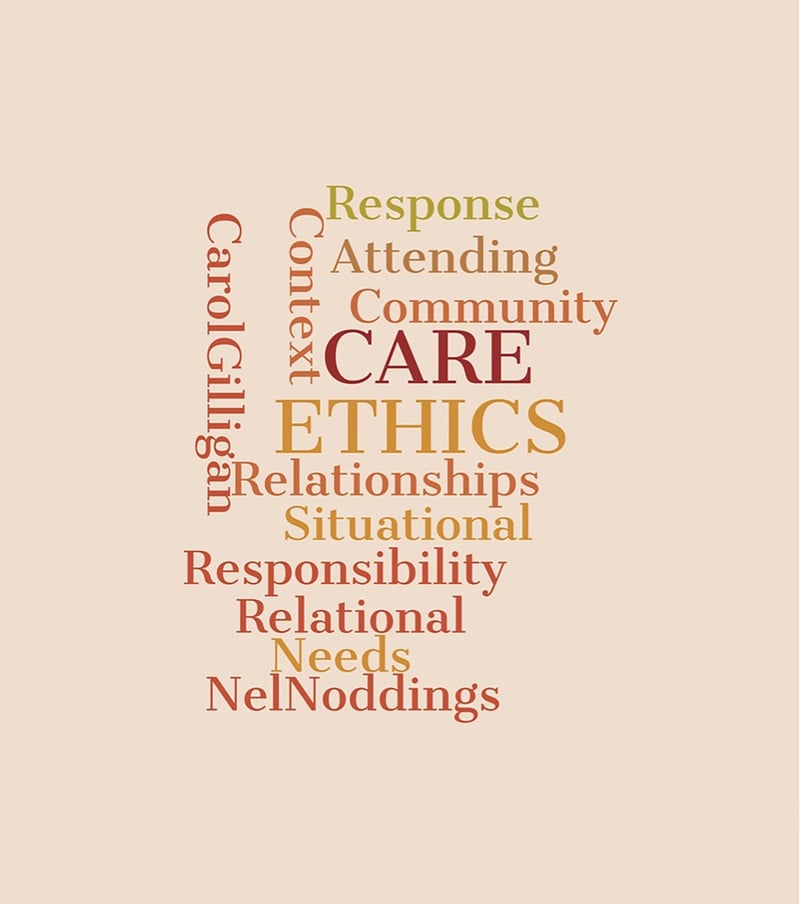Paradox Prevention
The Moral Implications of Decision-Making and How to Prevent Paradoxes
When it comes to decision-making, especially in complex situations, there are often moral implications that need to be carefully considered. These moral implications stem from the ethical considerations involved in the choices we make and the impact they have on ourselves and others. It is essential to navigate these moral waters with caution and integrity to ensure that our decisions align with our values and principles.
Understanding Moral Implications
Moral implications refer to the consequences that arise from the decisions we make, particularly in situations where ethical considerations play a significant role. These implications can have far-reaching effects on individuals, groups, and even society as a whole. It is crucial to analyze the potential moral implications of our actions to make informed and responsible choices.
Factors to Consider
When faced with a decision that carries moral implications, there are several factors to consider:
- Intent: What is the intention behind the decision? Is it driven by self-interest or a genuine concern for the well-being of others?
- Consequences: What are the potential outcomes of the decision? How will it impact different stakeholders?
- Values: Do the decision align with your personal or organizational values? Will it uphold ethical standards?
- Long-term Effects: Consider the long-term implications of the decision beyond immediate gains or losses.
Preventing Paradoxes
Paradoxes can arise when a decision leads to contradictory or unintended consequences, especially in moral dilemmas. To prevent paradoxes, consider the following strategies:
- Ethical Framework: Establish a clear ethical framework to guide decision-making and ensure consistency in moral judgments.
- Stakeholder Analysis: Identify and evaluate the interests of all stakeholders involved to anticipate potential conflicts and mitigate risks.
- Ethical Leadership: Lead by example and demonstrate ethical behavior to create a culture of integrity within your organization or community.
- Continuous Evaluation: Regularly review and reflect on the moral implications of your decisions to identify any potential paradoxes and course-correct if necessary.
By being mindful of the moral implications of our decisions and taking proactive steps to prevent paradoxes, we can navigate complex ethical dilemmas with clarity and integrity.

Remember, every decision we make has the power to shape our character and influence the world around us. Let us approach decision-making with a sense of responsibility and a commitment to upholding moral principles.
